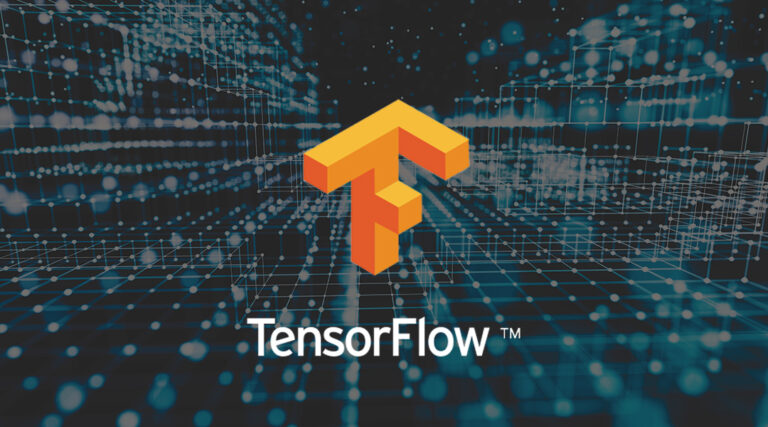
Starting 16 August 2019 (yup, that’s this Friday), the team behind numerical computation library TensorFlow will stop updating 1.x tf-nightly pip packages.
Developers relying on those builds who haven’t made their code compatible with version 2.0 yet, are advised to pin the latest available 1.x version to make sure their projects will continue working.
The nightly builds for the upcoming 2.0 release, which can be found in the tf-nightly-2.0-preview package, aren’t impacted by the change, and will continue to be available as before. As soon as a final version 2.0 is published, however, tf-nightly will default to the nightly pip packages of that series.
Nightly builds are known to include the newest features and fixes, but are deemed to be less stable than the regular versioned releases, which makes them more interesting for development activities than production scenarios. Users of the library were first informed about the updating stop via the TensorFlow announcements mailing list at the beginning of August, chased by a reminder earlier today (depending on your time zone, of course).
The reason behind all of this is the impending branch cut and release of TensorFlow 2.0. The second major version is still in its beta stage at this point in time, although a final release was planned for Q2 2019, according to the project’s roadmap.
Those who haven’t already done so, can bridge the time until TF 2.0 with upgrading or migrating their code to the new version. To help with that, the TensorFlow team has come up with some tools and guides, which are well needed, given that a lot has changed in comparison to the (early) 1.x series.
The new version is meant to distinctly simplify the project, which amongst other things made some structural changes necessary. Another focus of its developers was to improve the library’s ease of use to make it more accessible to machine learning novices, while offering everything needed to facilitate expert experiments at the same time.
